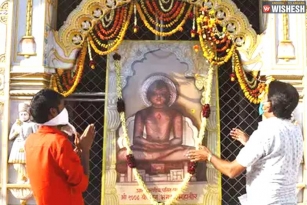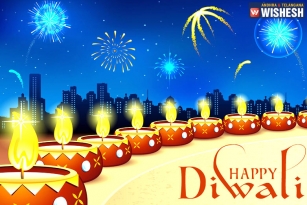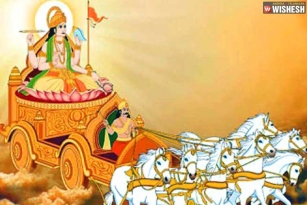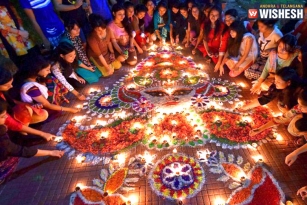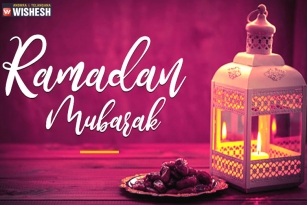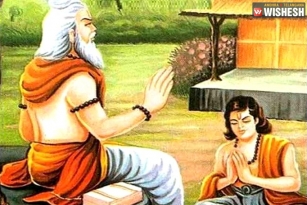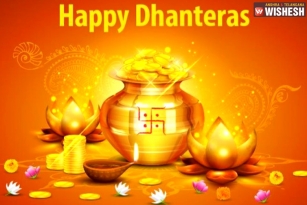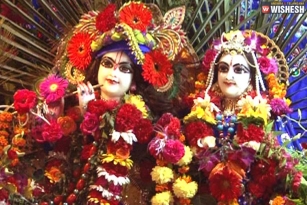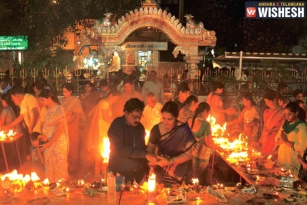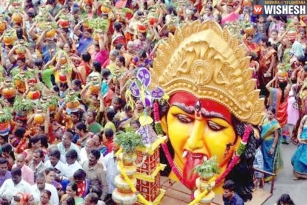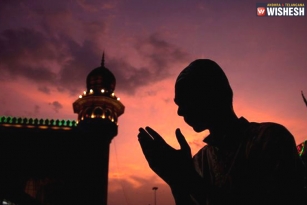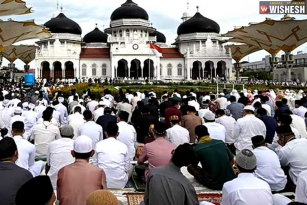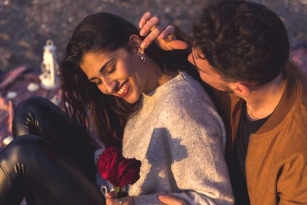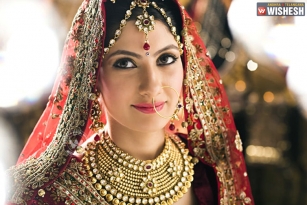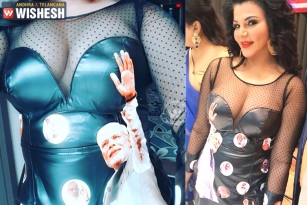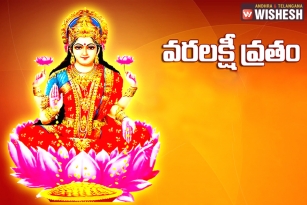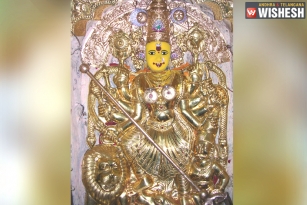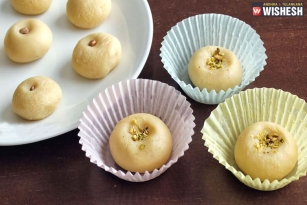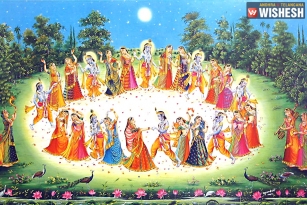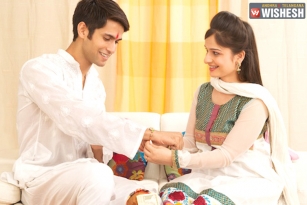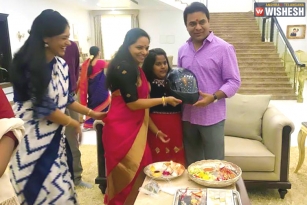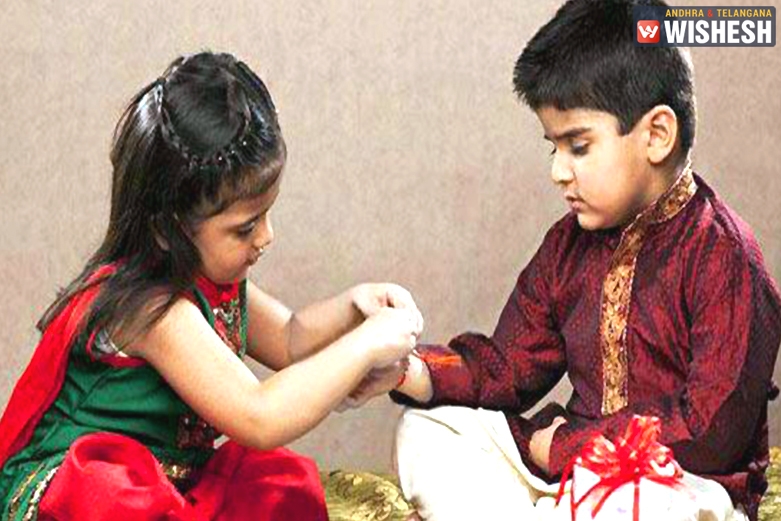
Raksha Bandhan also called Rakhi Purnima or Rakhi or "Rakhri" is an Indian and Nepali festival. The same festival is also celebrated as Janai Purnima in hilly regions of Nepal.
It is a festival which depicts the love and duty between brothers and sisters. The Brahmins and Bahuns (Vedic Brahmins) of Nepal and North India changes their Janai in this occasion.
The festival is also observed by Jains as Jain priests give threads to devotees.
Raksha Bandhan is primarily observed in northern and western India, Mauritius and major parts of Nepal. It is also celebrated by Hindus in parts of Pakistan.
On this occasion sisters do aarti and then tie a rakhi on her brother's wrist and pray for her brother's well-being and the brother's vow to protect their sister lifelong. The festival falls on the full moon day (Shravan Poornima) of the Shravan month.
Significance
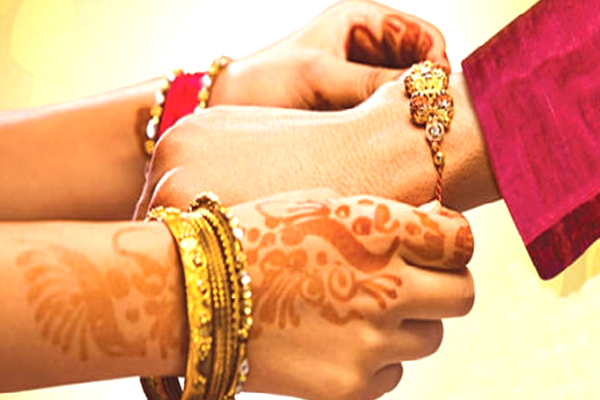
Raksha Bandhan is a Sanskrit word which means "the knot of protection". The word Raksha means protection, while Bandhan means to tie. This festival brings brothers and sisters together. The festival symbolizes the love and care between siblings.
The brother gives his sister gifts such as cards, clothes, money or something thoughtful. The brother may also feed his sister, with his hands, one or more bites of sweets, dry fruits and other seasonal delicacies. They hug, and the larger family ritually congratulates the festive celebration of brother-sister love and protection.
The brother wears the Rakhi for the entire day, at school or work, as a reminder of their sister and to mark the festival of Raksha Bandhan.
Importance
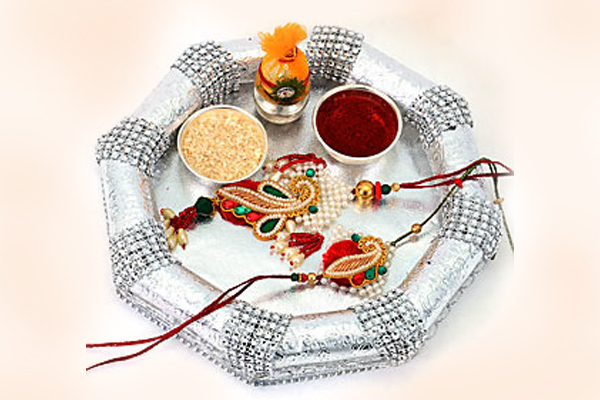
In ancient times a woman tied a 'rakshaa' on her husband's wrist to protect him from evil. Gradually this changed; she tied a 'rakshaa' on her brother's right wrist, to protect him from evil influence and those factors which may taint his character, and to strengthen the bond of sibling love between them.
On the occasion of Rakshaa Bandhan she visits her brother's home and performs his 'pujan' by applying kumkum and rice grains on his forehead. In return the brother gives her a gift and vows to protect her too. The 'rakhadi' for rakshaa bandhan itself ranges from a coloured cotton string to exquisitely decorated balls of various sizes and materials such as fluffy cotton, 'zari' paper, tinsel, beads and so on.
On Rakshaa Bandhan a second imortance relates to 'Baleva' and our devotion to the Lord. Just as Bali Raja offered devotion to Lord Narayan by sacrificing his kingdom and himself, devotees should endeavor to emulate him. That is the true spirit of Baleva.
Prayer
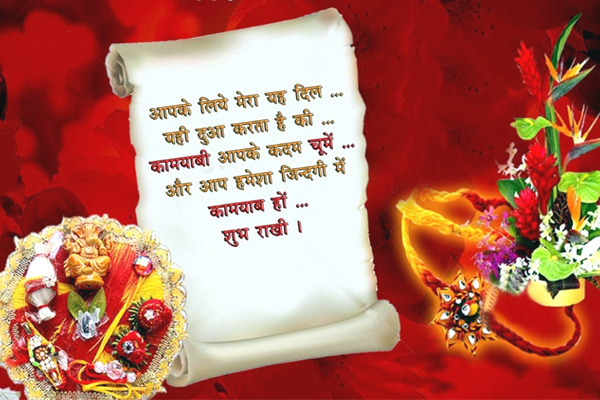
येन बद्घो बली राजा दानवेन्द्रो महाबल: ।
तेन त्वामपि बध्नामि रक्षे मा चल मा चल ।।
This means, I tie you with the same raksha, by which the powerful demon king, King Bali was tied. O rakhi, you remain steadfast.
As per the teachings of Bhavishyapuran, Rakshabandhan was primarily meant for kings. Nowadays this festival is celebrated by everyone. The sister ties her brother a rakhi on the day of Rakshabandhan.
BY M. DIVYA SRI


